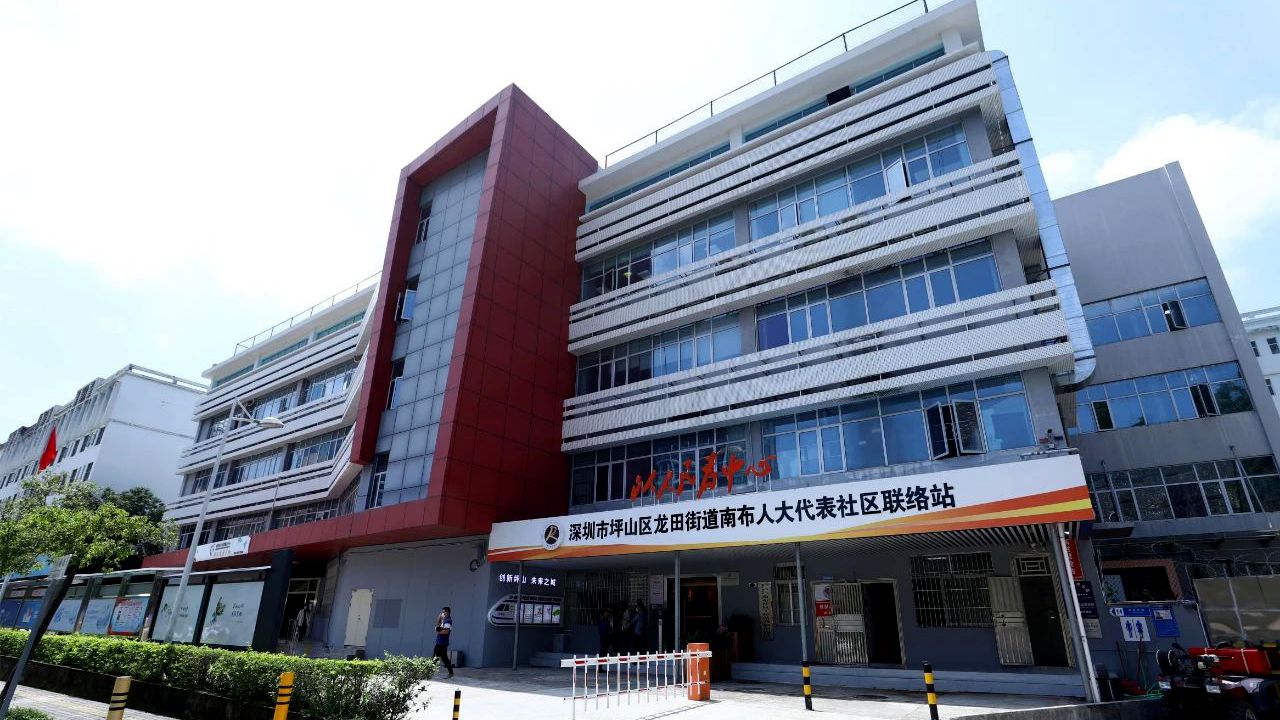Community liaison bridges gap in lawmaking
Writer: Cao Zhen | Editor: Jiang Liye | From: Shenzhen Daily | Updated: 2024-08-28
The Nanbu Community’s contact station for legislative matters in Longtian Subdistrict, Pingshan District, is one of the 10 demonstration stations recognized by the Standing Committee of the Shenzhen Municipal People’s Congress in March.

The Nanbu Community's contact station for legislative matters in Longtian Subdistrict, Pingshan. Photo from Longtian Subdistrict
The Nanbu contact station is not only a base for lawmakers to engage in activities and educate the public on laws, but also a platform for citizens to voice their opinions and contribute to lawmaking and social governance. Citizens can simply scan QR codes to submit lawmaking suggestions.
Cai Liuting, a legal consultant in the community, employs easy-to-understand language to explain laws to residents, encouraging their participation in lawmaking processes. “Residents now have a better understanding of laws, and involvement in law-making has become more accessible to them,” Cai said.
In addition to legal consultants, the contact station also features retired soldiers, property management staff, and labor union members to collect public opinions. Experts have also been invited to ensure standardized and professional operations of the station.
Wang Rui, a labor union member, acts as a liaison between nearly 10,000 employees across over 70 companies and the contact station. After introducing the labor law and the law safeguarding employee rights to these companies, many employees displayed improved understanding, resulting in positive feedback.
Residents have also reported feeling more connected to the legislative process through the community contact station, noting an increase in their awareness of laws.
Community-level contact stations on legislative matters serve as a complementary process to the public opinion solicitation procedure in China. According to the Shenzhen Special Zone Daily, as of Dec. 25, 2023, Shenzhen had 257 grassroots contact stations focusing on legislative matters, with 245 located in communities and 12 within enterprises.